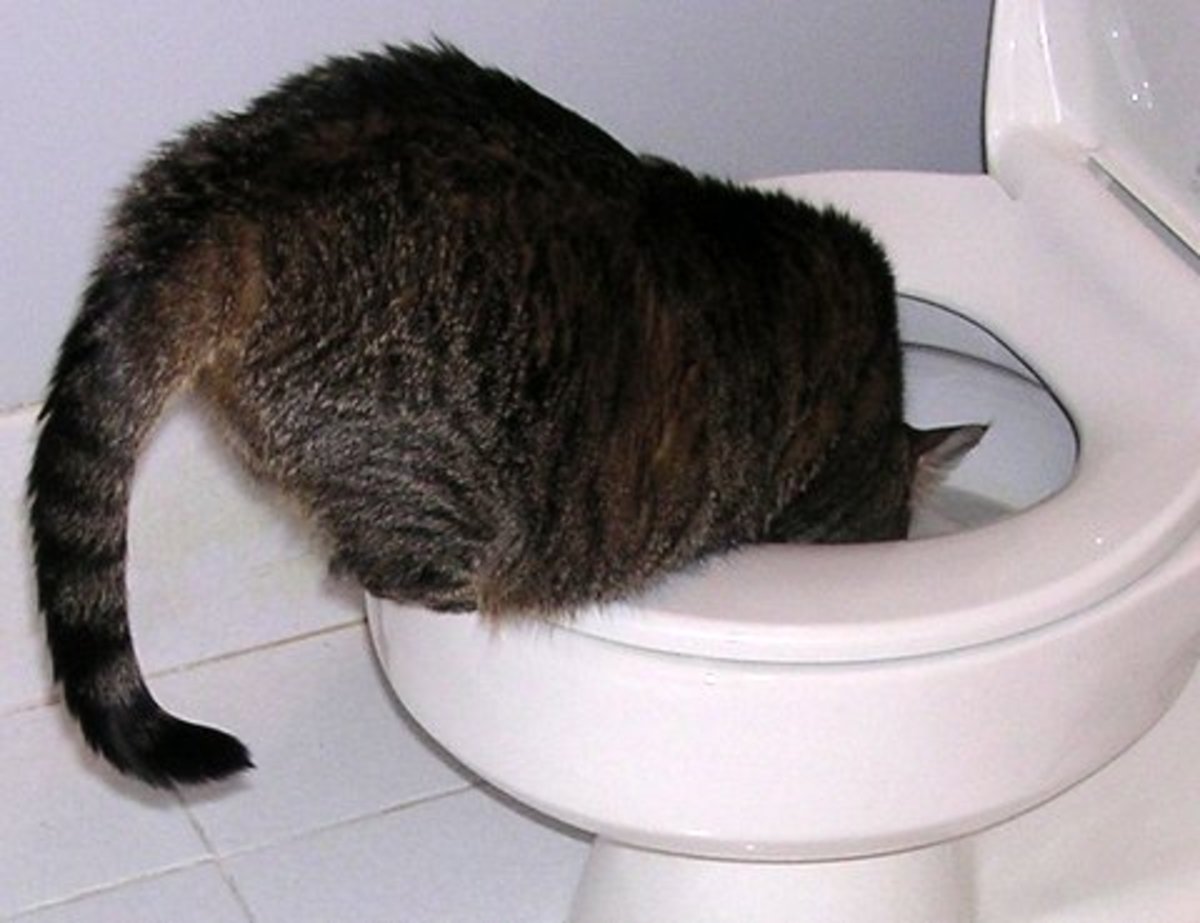Reasons You Should Never Flush Cat Poop Down Your Toilet - Important Facts
Reasons You Should Never Flush Cat Poop Down Your Toilet - Important Facts
Blog Article
Everyone is bound to have their own unique rationale in relation to Can You Flush Cat Poo or Litter Down the Toilet?.

Introduction
As pet cat proprietors, it's vital to bear in mind exactly how we deal with our feline pals' waste. While it may seem practical to flush pet cat poop down the toilet, this practice can have damaging repercussions for both the environment and human health.
Alternatives to Flushing
Luckily, there are safer and more responsible methods to deal with feline poop. Take into consideration the following options:
1. Scoop and Dispose in Trash
The most common technique of taking care of cat poop is to scoop it right into a biodegradable bag and toss it in the garbage. Be sure to utilize a devoted trash scoop and take care of the waste immediately.
2. Use Biodegradable Litter
Select biodegradable cat litter made from materials such as corn or wheat. These trashes are environmentally friendly and can be securely taken care of in the trash.
3. Bury in the Yard
If you have a backyard, take into consideration burying pet cat waste in an assigned location far from veggie gardens and water resources. Make sure to dig deep sufficient to stop contamination of groundwater.
4. Mount a Pet Waste Disposal System
Buy a pet garbage disposal system specifically designed for pet cat waste. These systems make use of enzymes to break down the waste, reducing odor and environmental impact.
Wellness Risks
In addition to environmental worries, purging pet cat waste can likewise posture wellness risks to human beings. Feline feces might have Toxoplasma gondii, a bloodsucker that can trigger toxoplasmosis-- a possibly serious illness, specifically for expecting women and individuals with damaged body immune systems.
Ecological Impact
Purging feline poop presents unsafe virus and bloodsuckers into the supply of water, posing a considerable risk to water environments. These contaminants can adversely influence marine life and concession water quality.
Conclusion
Accountable pet possession expands beyond giving food and shelter-- it also includes proper waste management. By avoiding flushing cat poop down the commode and selecting alternate disposal methods, we can decrease our environmental footprint and shield human wellness.
Why Can’t I Flush Cat Poop?
It Spreads a Parasite
Cats are frequently infected with a parasite called toxoplasma gondii. The parasite causes an infection called toxoplasmosis. It is usually harmless to cats. The parasite only uses cat poop as a host for its eggs. Otherwise, the cat’s immune system usually keeps the infection at low enough levels to maintain its own health. But it does not stop the develop of eggs. These eggs are tiny and surprisingly tough. They may survive for a year before they begin to grow. But that’s the problem.
Our wastewater system is not designed to deal with toxoplasmosis eggs. Instead, most eggs will flush from your toilet into sewers and wastewater management plants. After the sewage is treated for many other harmful things in it, it is typically released into local rivers, lakes, or oceans. Here, the toxoplasmosis eggs can find new hosts, including starfish, crabs, otters, and many other wildlife. For many, this is a significant risk to their health. Toxoplasmosis can also end up infecting water sources that are important for agriculture, which means our deer, pigs, and sheep can get infected too.
Is There Risk to Humans?
There can be a risk to human life from flushing cat poop down the toilet. If you do so, the parasites from your cat’s poop can end up in shellfish, game animals, or livestock. If this meat is then served raw or undercooked, the people who eat it can get sick.
In fact, according to the CDC, 40 million people in the United States are infected with toxoplasma gondii. They get it from exposure to infected seafood, or from some kind of cat poop contamination, like drinking from a stream that is contaminated or touching anything that has come into contact with cat poop. That includes just cleaning a cat litter box.
Most people who get infected with these parasites will not develop any symptoms. However, for pregnant women or for those with compromised immune systems, the parasite can cause severe health problems.
How to Handle Cat Poop
The best way to handle cat poop is actually to clean the box more often. The eggs that the parasite sheds will not become active until one to five days after the cat poops. That means that if you clean daily, you’re much less likely to come into direct contact with infectious eggs.
That said, always dispose of cat poop in the garbage and not down the toilet. Wash your hands before and after you clean the litter box, and bring the bag of poop right outside to your garbage bins.
https://trenchlesssolutionsusa.com/why-cant-i-flush-cat-poop/

Hopefully you enjoyed reading our excerpt on Can You Flush Cat Poop Down The Toilet?. Thank you so much for finding the time to browse our piece. Sharing is good. You never know, you will be helping someone out. We enjoy reading our article about Can You Flush Cat Poo or Litter Down the Toilet?.
Click Here Report this page